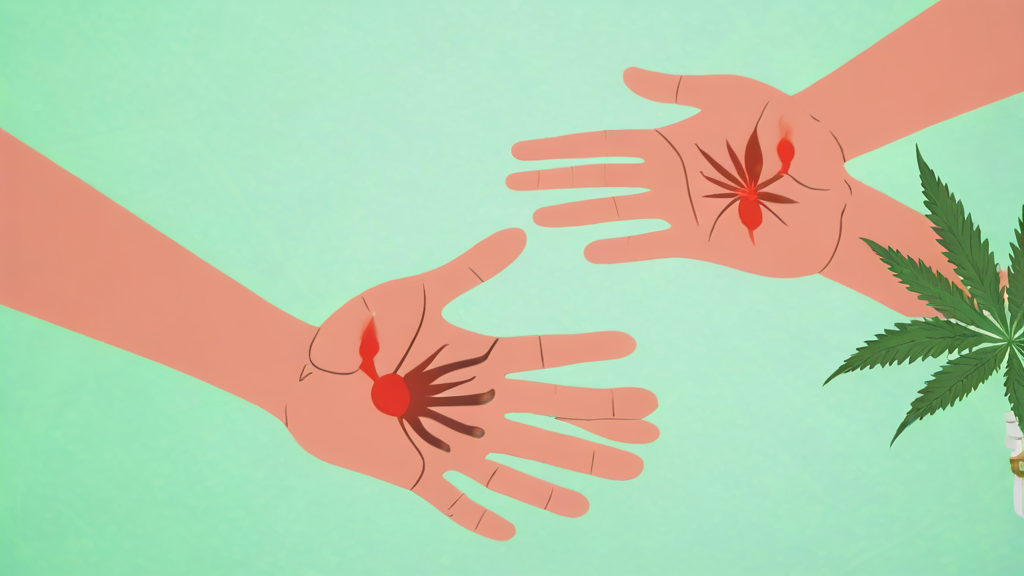Introduction
People with arthritis and other chronic musculoskeletal pain are increasingly turning to cannabis products for relief from different symptoms, such as pain, fatigue, insomnia, and anxiety. In fact, a recent survey found that more than half of people with arthritis had tried marijuana or CBD for a medical reason.
Understanding THC and CBD
Cannabis plants contain two medically important compounds: tetrahydrocannabinol (THC) and cannabidiol (CBD). THC is responsible for the psychoactive effects of marijuana, while CBD does not cause intoxication. Both compounds show potential in easing pain, but in different ways.
THC: The Mind-Altering Compound
THC activates certain cannabinoid receptors in the nerve cells, reducing the sensation of pain. It also provides a euphoric feeling that can help distract from pain. However, THC may not be suitable for everyone due to legal restrictions and potential side effects.
CBD: The Non-Intoxicating Option
CBD is less understood than THC, but it may offer pain relief by reducing inflammation. It does not cause intoxication and may have additional benefits for anxiety and other related conditions. However, more research is needed to fully understand its mechanisms of action.
Choosing the Right Option
There is no definitive answer to whether THC or CBD is better for pain relief. It may depend on individual preferences, legal restrictions, and the specific symptoms being targeted. Some experts suggest that a combination of THC and CBD may offer the most promise for pain relief.
Considerations and Side Effects
Before trying THC or CBD, it’s important to consider potential side effects and legal concerns. THC can cause psychoactive effects and may not be legal in all areas. CBD is also subject to legal restrictions and can have side effects such as nausea and fatigue. It’s advisable to consult with a healthcare professional before starting any cannabis-based treatment.
Conclusion
THC and CBD both show promise in providing pain relief, but they work in different ways. The choice between the two depends on individual circumstances and preferences. It’s important to consult with a healthcare professional and consider legal restrictions before using cannabis products for pain relief.
